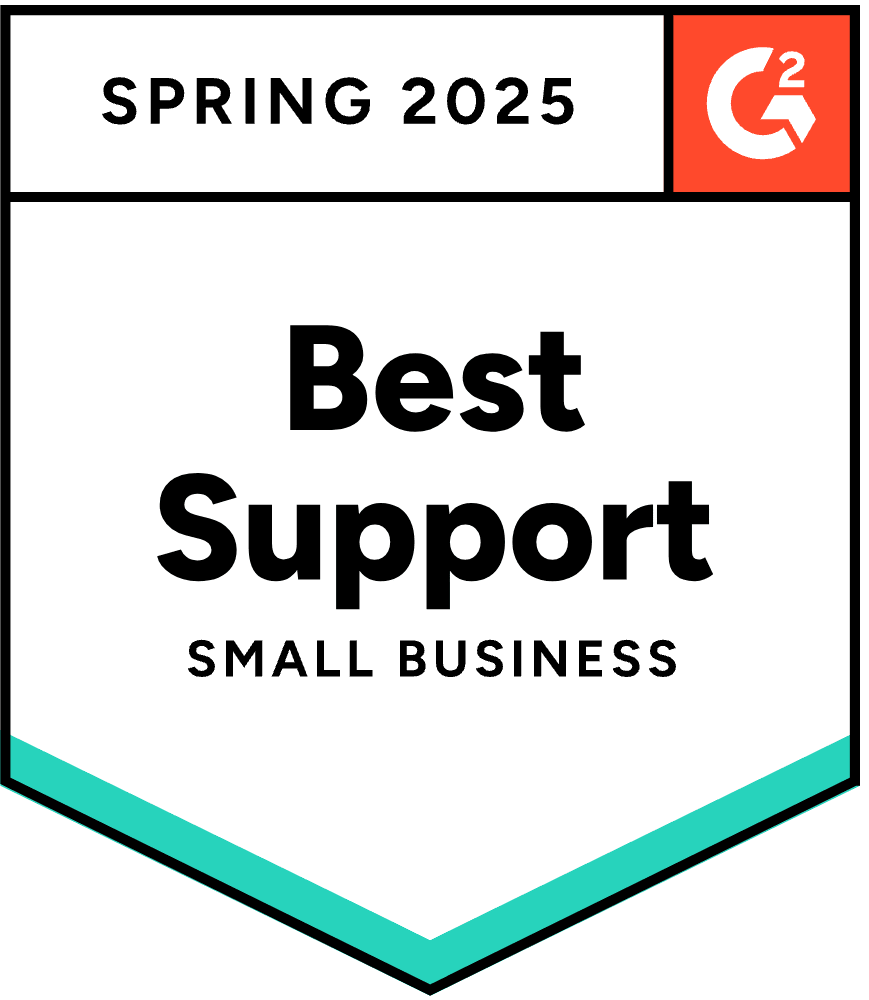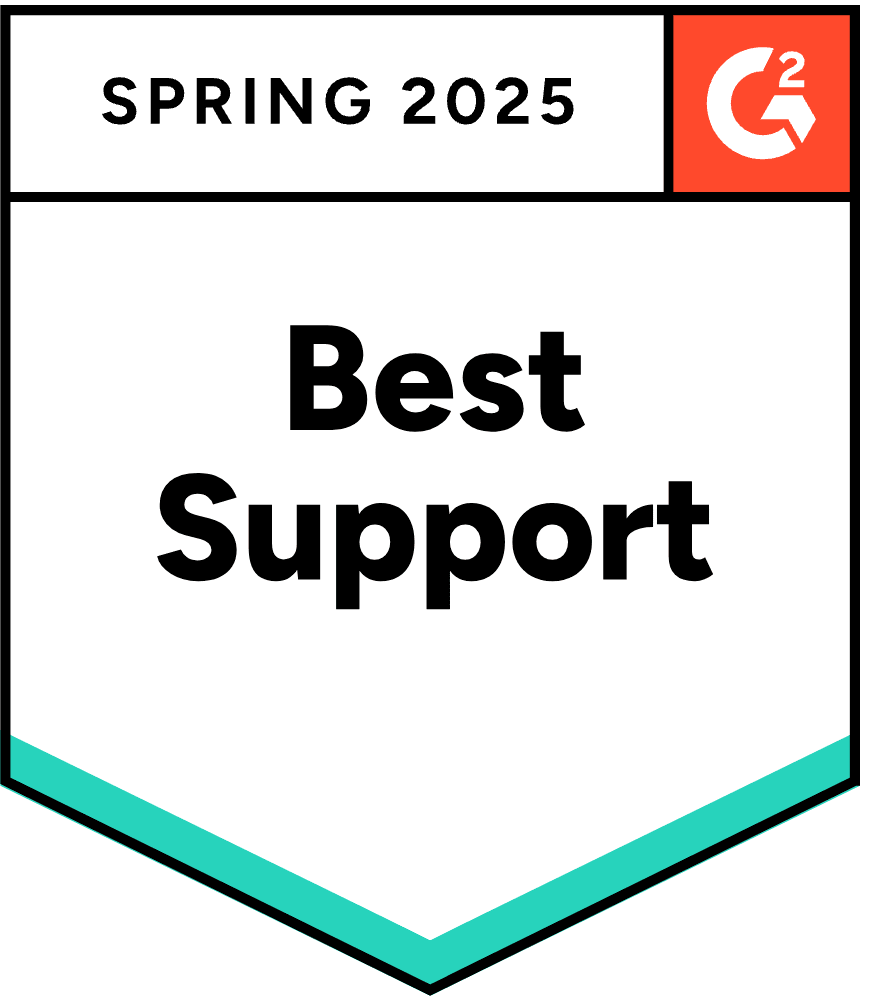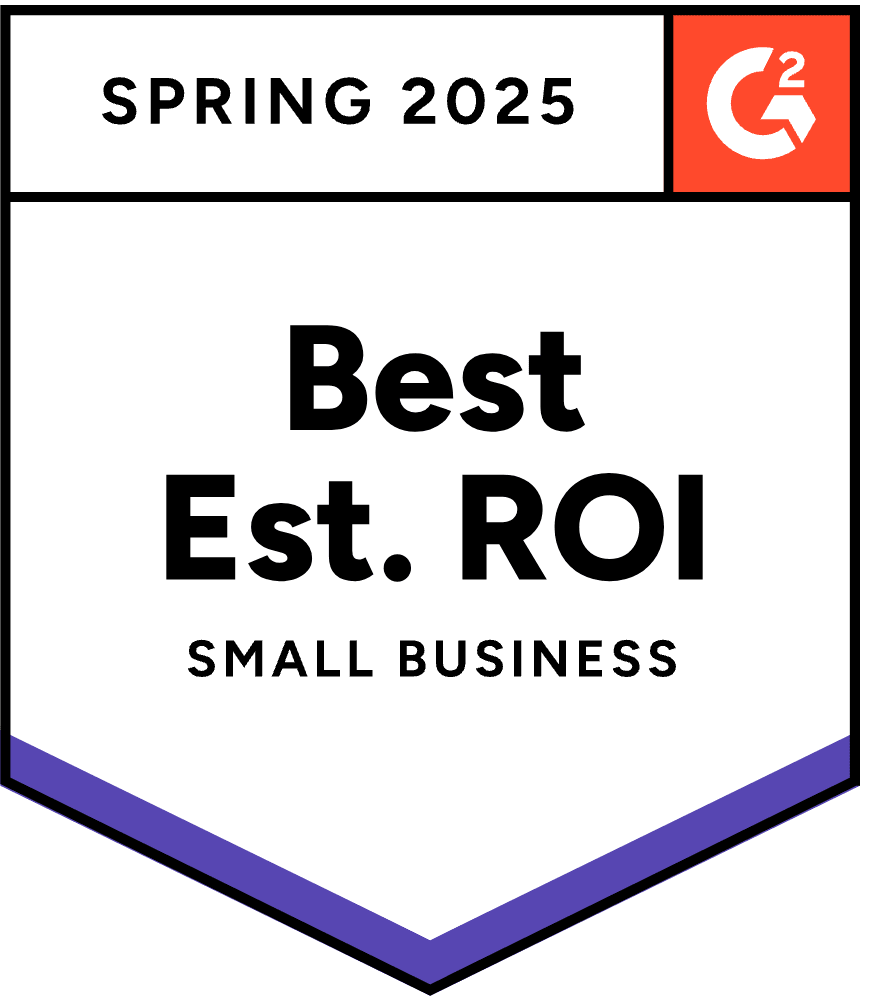What is Business to Consumer (B2C)?
Business-to-consumer (B2C) is a business model where a business's transactions involve sales made directly to individual customers. This model is central to industries like retail, consumer services, and subscription-based platforms. While the term "B2C" can describe any direct sales to consumers, it often highlights businesses that handle transactions independently without relying on third parties.
How is B2C Different From B2B?
B2C focuses on selling directly to individual consumers, while B2B (Business-to-Business) involves direct transactions with other businesses. In the B2C model, purchases are often quick, involving fewer steps. For example, buying a product online from an eCommerce store with just a few clicks. In contrast, B2B sales require more time and multiple approvals. Transactions are often customized to specific client needs.
B2C marketing typically emphasizes emotional appeal, lifestyle benefits, and brand loyalty. On the other hand, B2B marketing tends to focus on features, technical details, and long-term business solutions.
Advantages of the B2C Model
Here are a few of the most notable benefits of using a B2C business model:
- Lower costs: Selling Direct-to-consumer (D2C) eliminates intermediaries which allows companies to earn greater profits for each unit sold.
- Better accessibility: B2C models provide better access to customers as you can interact directly with your audience instead of relying on middlemen.
- Customer insights: Operating your own sales channel such as an eCommerce site lets you collect valuable customer data like purchasing history. This can help you create better shopping experiences and more proactive customer service.
Popular B2C Sales Models
B2C businesses use various sales models depending on the needs of their target audience:
1. Direct Sellers
Businesses sell products directly to customers, either through their own brand or as distributors for others. Sales are typically concentrated on self-owned eCommerce websites and mobile applications.
2. B2C Dropshipping
This model eliminates the need to hold inventory. With it, businesses fulfill orders by having suppliers ship items directly to customers after placing an order. Dropshipping can lower startup costs while improving cash flow.
3. Online Intermediaries
With this sales approach, the B2C company acts as an intermediary to connect consumers with products and services. This could be an aggregation site like the travel provider Expedia or a third-party marketplace like Etsy. These businesses connect buyers and sellers but don’t own the products or services themselves.
4. Subscription Fees
Another B2C sales model is to charge a fee for a recurring subscription. This could be services like Netflix or Spotify that provide ongoing access to digital content or a subscription box service like BirchBox that sends subscribers beauty product samples at recurring intervals in exchange for a monthly fee.
Quick Answers and FAQs
What is the 80/20 rule in CLV?
The Pareto Principle also called the 80/20 rule when talking about Customer Lifetime Value (CLV), tells you that about 80% of a company's sales come from 20% of its customers. This shows how key it is to spot and look after the big spenders who help profits. Companies should try to keep these folks around to boost money in the long run.
Is Netflix B2C or B2B?
Netflix runs on a B2C model serving up streaming video and subscription plans straight to consumers at home. Their model focuses on giving you movies, TV series, and their own original content to watch whenever you want through a subscription-based approach.
Is Amazon B2B or B2C?
Amazon runs its business using both B2C and B2B approaches. The company's main website Amazon.com, works as a B2C platform offering a huge range of products straight to regular customers. Also, Amazon Business, which started in 2015, acts as a special B2B marketplace. This platform allows companies to buy and sell with other businesses.








